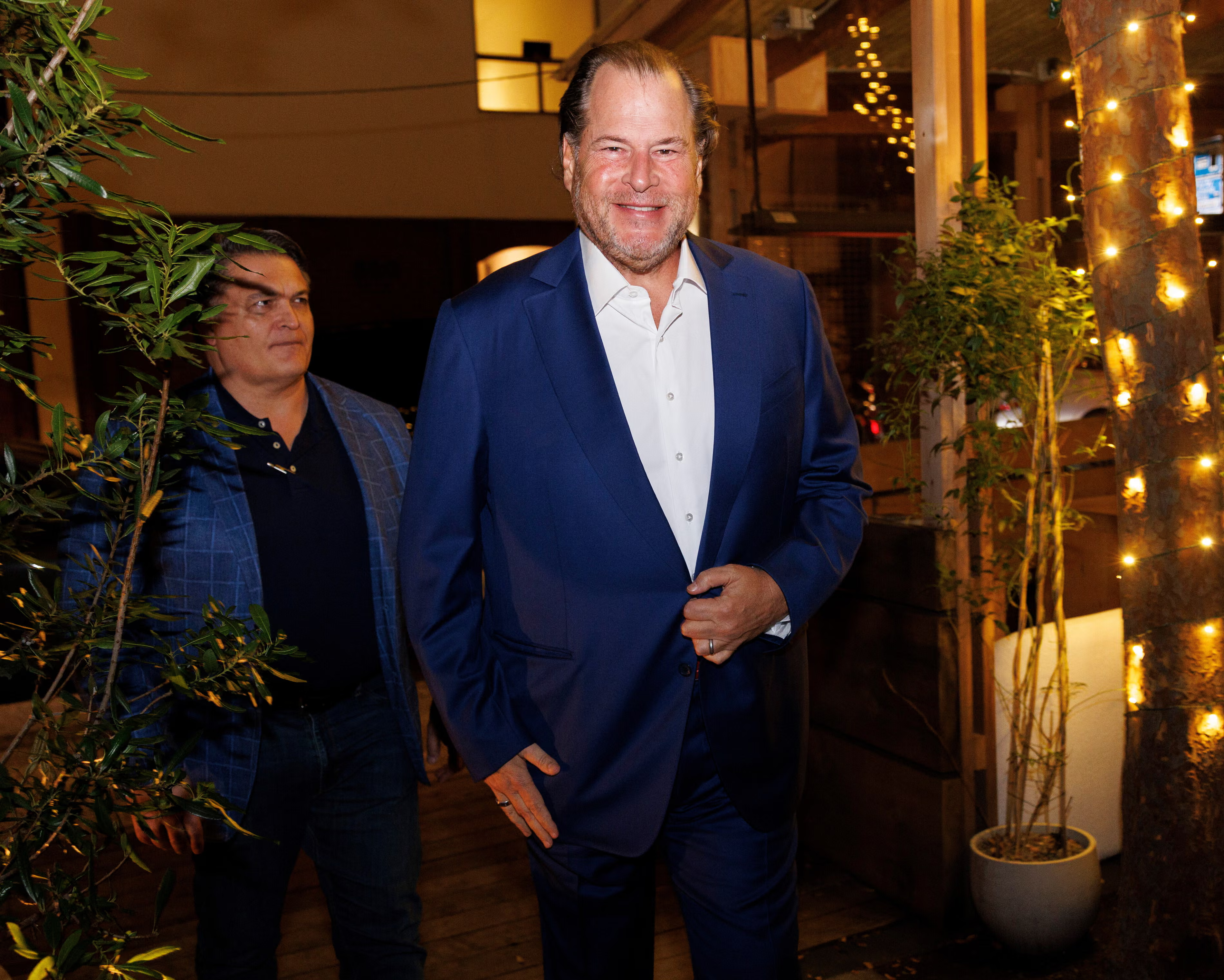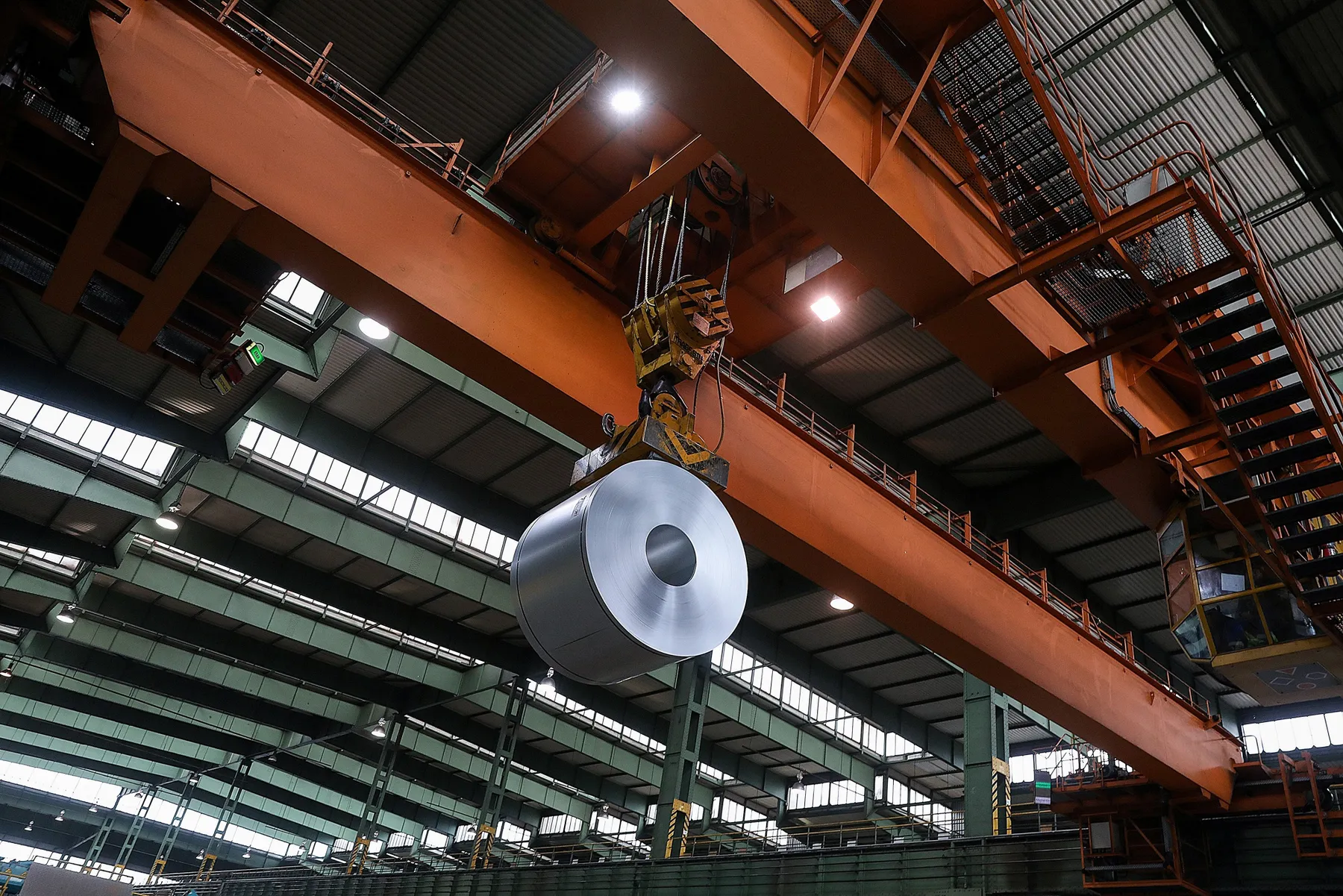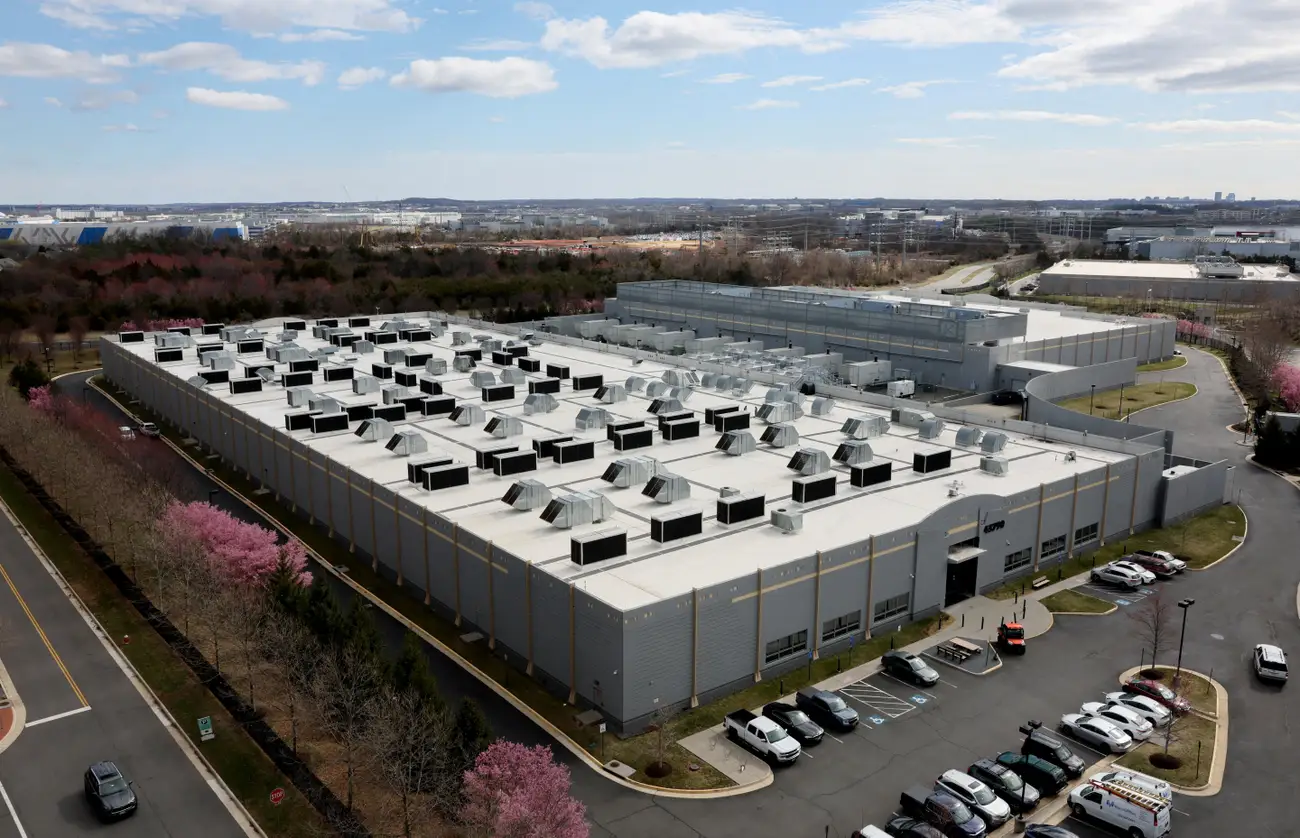South Korean President Yoon Suk Yeol announced plans for reforms in the pension, medical, education, and labor sectors, describing these changes as essential for the nation’s survival, Bloomberg reports.
Yoon said Thursday the economy is clearly reviving and he wants to boost consumer demand to keep the momentum going. But Yoon and other presidents have faced a hard time in funding a social safety system that was set up relatively late in the nation’s path to affluence, which gave the government less time to fill coffers.
“It will be a challenging journey,” Yoon said in an opening statement before a news conference. “I will not choose the easy path.”
On pensions, Yoon called for a tiered system in which taxes would be increased for older workers at a higher rate, while the increases would be implemented more gradually for younger workers. He did not give any specific rates for the increases.
Yoon added he wanted to increase the sustainability and inter-generational fairness in the pension system. The president said a detailed proposal on pension reform would be submitted to parliament soon.
South Korean President Yoon Suk Yeol is looking to reform the pension, medical, education and labor sectors, calling the overhauls a difficult task that is essential for the survival of the country.
Yoon said Thursday the economy is clearly reviving and he wants to boost consumer demand to keep the momentum going. But Yoon and other presidents have faced a hard time in funding a social safety system that was set up relatively late in the nation’s path to affluence, which gave the government less time to fill coffers.
“It will be a challenging journey,” Yoon said in an opening statement before a news conference. “I will not choose the easy path.”
On pensions, Yoon called for a tiered system in which taxes would be increased for older workers at a higher rate, while the increases would be implemented more gradually for younger workers. He did not give any specific rates for the increases.
Yoon added he wanted to increase the sustainability and inter-generational fairness in the pension system. The president said a detailed proposal on pension reform would be submitted to parliament soon.
South Korean governments have tried for years to reform a pension system seen as not strong enough to support the country’s rapidly aging population. But they have failed to push major changes through parliament due to public opposition to tax increases.
The national pension stockpile is anticipated to be fully drained by 2055 if there are no changes to the current system, the National Pension Service reported last year.
South Korea in 2007 decided to gradually reduce the income replacement rate from 50% to 40% by 2028. However, the contribution rate, which refers the share of money that a subscriber should dole out from salaries per annum, has stayed at 9% since the late 1990s.
Yoon’s conservative People Power Party is a minority in parliament and he is likely to face stiff resistance to his plans from the opposition bloc led by the Democratic Party, which is looking to take back the presidency when Yoon’s single term ends in about three years.
The push to overhaul the pension system comes as South Korea faces the world’s lowest birthrate, which poses long term risks to the economy, as well as straining the social safety net. The nation’s elderly have an income poverty rate of 40%, according to a 2023 report by the Organisation for Economic Co-Operation and Development. That was the highest in the OECD and compared with an average of 14.2%.
Yoon also said he wanted to level the playing field for labor to allow greater mobility for jobs and ensure that fair wages are paid. He is also looking to spend 10 trillion won on medical reform over five years.
When it comes to security matters, Yoon said the issue is at the foundation of South Korea and essential for supporting its economy. He also heralded security cooperation with the US and Japan that has reached new levels during his term and included joint military training for items such as countering missiles from the likes of North Korea.
There have been worries in Seoul about Washington’s long-standing commitment to seek a complete end to North Korea’s atomic arms program after the two major US political parties didn’t pledge to seek denuclearization during their national conventions.
In what could serve as a reminder of the threat from Kim Jong Un’s regime, North Korea may be considering a nuclear test near the time the US presidential election is held to raise its profile, Shin Wonsik told Bloomberg last month when he was defense minister. Shin was recently appointed as Yoon’s national security adviser.
Yoon expressed his belief that the United States cannot tolerate North Korea possessing nuclear weapons, as such a situation undermines the global non-proliferation regime.










The latest news in your social feeds
Subscribe to our social media platforms to stay tuned